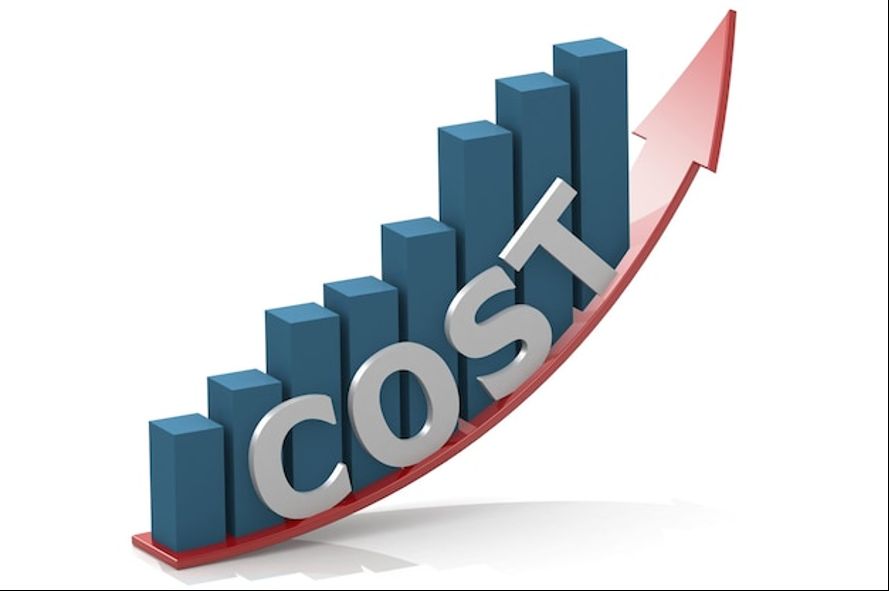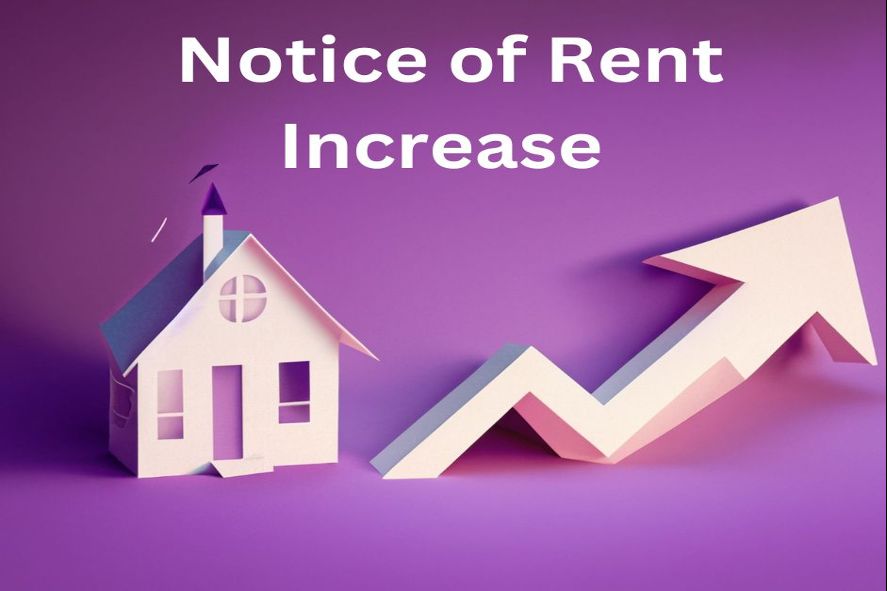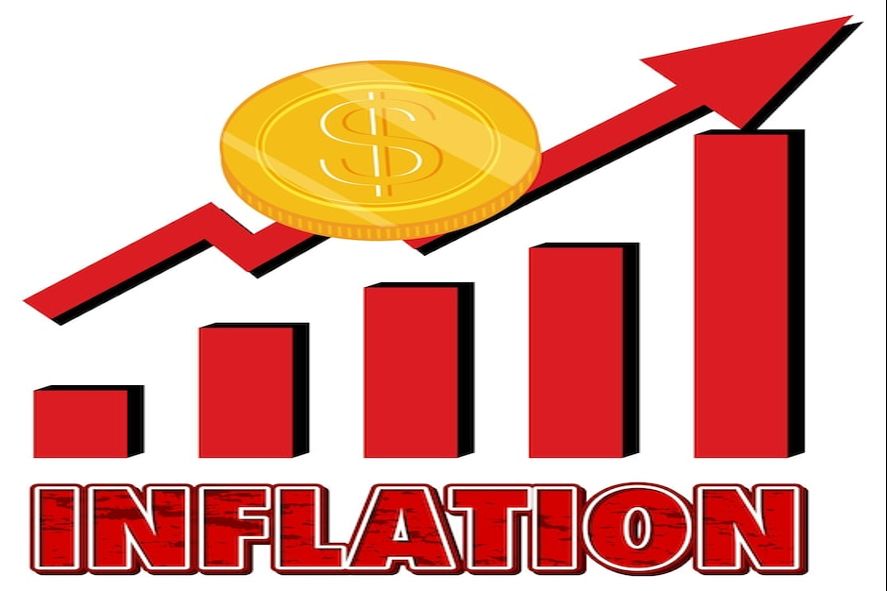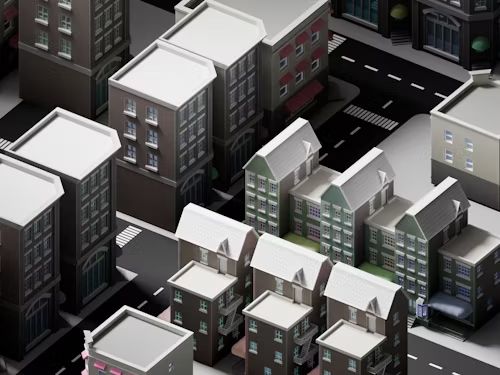If you’ve been following the news, you might have heard the term inflation a lot lately. But what does it really mean?
In simple terms, inflation is when the prices of goods and services go up over time. This affects everyone, especially when it comes to essentials like food, gas, and even homes.
Today, I want to share how inflation impacts the real estate sector and what it means for you as a potential buyer or renter.
How Inflation Affects the Real Estate Sector
High Cost of Building Materials

First, let’s talk about building materials. When inflation hits, the cost of things like wood, cement, and steel increases.
This means that building new homes or apartments becomes more expensive. As a result, property developers may raise prices to cover these costs.
If you’re thinking about investing in real estate, this can make it tough because prices go up, making it harder to find affordable options.
Rising Mortgage Rates

Next up are mortgage rates. When inflation rises, banks often increase their interest rates. This makes borrowing money more expensive, which can lead people to choose renting instead of buying a home.
If you're looking to buy, this might feel discouraging, but it also means that many people will continue to rent, which can benefit landlords.
If you’re a landlord, this could be a great opportunity to find more tenants.
Appreciation of Property Value

Now, here’s an interesting twist: even though costs are rising, inflation can actually help increase the value of properties.
As prices for everything else go up, so do the prices of homes. This can be good news for property owners because their investments may appreciate.
If you're considering investing, this could mean your property will be worth more in the future.
Increases in Residential and Vocational Rent

But inflation isn’t just about buying; it also affects residential rent and vocational rentals. Many landlords raise rents to keep up with inflation.
This can be tough for renters who are already feeling the pinch in their budgets. If you're looking for a rental, keep an eye on how inflation might impact what you pay.
It’s important to stay informed.
Inflation as a Tool for Debt Management

Now, let’s talk about debt. When inflation is high, the value of money can change. If you borrowed money in the past when rates were lower, you might find that you’re paying back less in real terms.
This can help ease some financial burdens for investors. If you’re in real estate, this is an important factor to consider when planning your investments.



